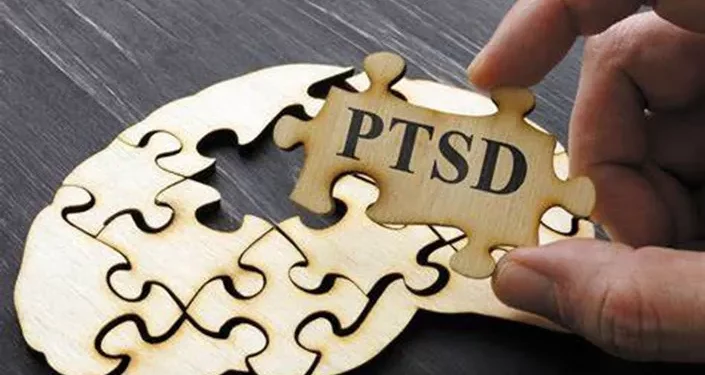Stress is a common experience in our daily lives, especially in the workplace. Understanding how long it takes to recover from stress is crucial for maintaining mental and physical well-being. Recovery time can vary based on the type and severity of stress, individual resilience, and the support systems in place.
Understanding Stress and Its Impact
Stress is the body’s response to challenges or demands, known as stressors. While short-term stress can be motivating, chronic stress can lead to serious health issues, including anxiety, depression, heart disease, and sleep disturbances. Recognizing the signs of stress is the first step toward recovery.
The Recovery Timeline
Immediate Relief (Days to Weeks)
The initial phase of recovery begins when the source of stress is removed or reduced. During this period, individuals may experience a decrease in anxiety, improved sleep, and a reduction in physical symptoms like muscle tension. However, some may experience a delayed stress response, where symptoms intensify before improvement.
Adjustment Phase (Weeks to Months)
As the body and mind adjust to reduced stress levels, individuals enter a phase of recalibration. This period involves re-establishing routines, setting boundaries, and engaging in self-care practices. It’s essential to be patient during this phase, as recovery is not always linear.
Long-Term Recovery (Months to Years)
For chronic stress or burnout, recovery can take longer. Studies suggest that it may take one to three years to fully recover from severe burnout, depending on individual circumstances and the effectiveness of recovery strategies.
Factors Influencing Recovery Time
Severity of Stress
The intensity and duration of stress significantly affect recovery time. Mild stress may resolve quickly with self-care, while severe stress may require professional intervention and a longer recovery period.
Support Systems
Having a strong support network, including family, friends, and colleagues, can accelerate recovery. Support provides emotional comfort and practical assistance during challenging times.
Coping Strategies
Effective coping strategies, such as mindfulness, exercise, and healthy eating, play a crucial role in recovery. Engaging in activities that promote relaxation and well-being can shorten the recovery timeline.
Strategies for Accelerating Recovery
Mindfulness and Meditation
Practices like mindfulness meditation can help individuals manage stress by promoting relaxation and emotional regulation. Even a few minutes of mindfulness each day can make a significant difference.
Physical Activity
Regular exercise is a proven method for reducing stress. Activities like walking, yoga, or swimming can boost mood and improve overall health, aiding in faster recovery.
Healthy Lifestyle Choices
Maintaining a balanced diet, getting adequate sleep, and avoiding excessive caffeine or alcohol can support the body’s ability to cope with stress and facilitate recovery.
Professional Help
Seeking help from mental health professionals, such as therapists or counselors, can provide guidance and support, especially for those experiencing chronic stress or burnout.
Conclusion
Recovering from stress is a personal journey that varies for each individual. While some may experience relief within weeks, others may require months or even years to fully recover. It’s essential to recognize the signs of stress, seek support, and engage in healthy coping strategies to facilitate the recovery process. Remember, taking the time to heal is an investment in your long-term well-being.
Related Topics:




























